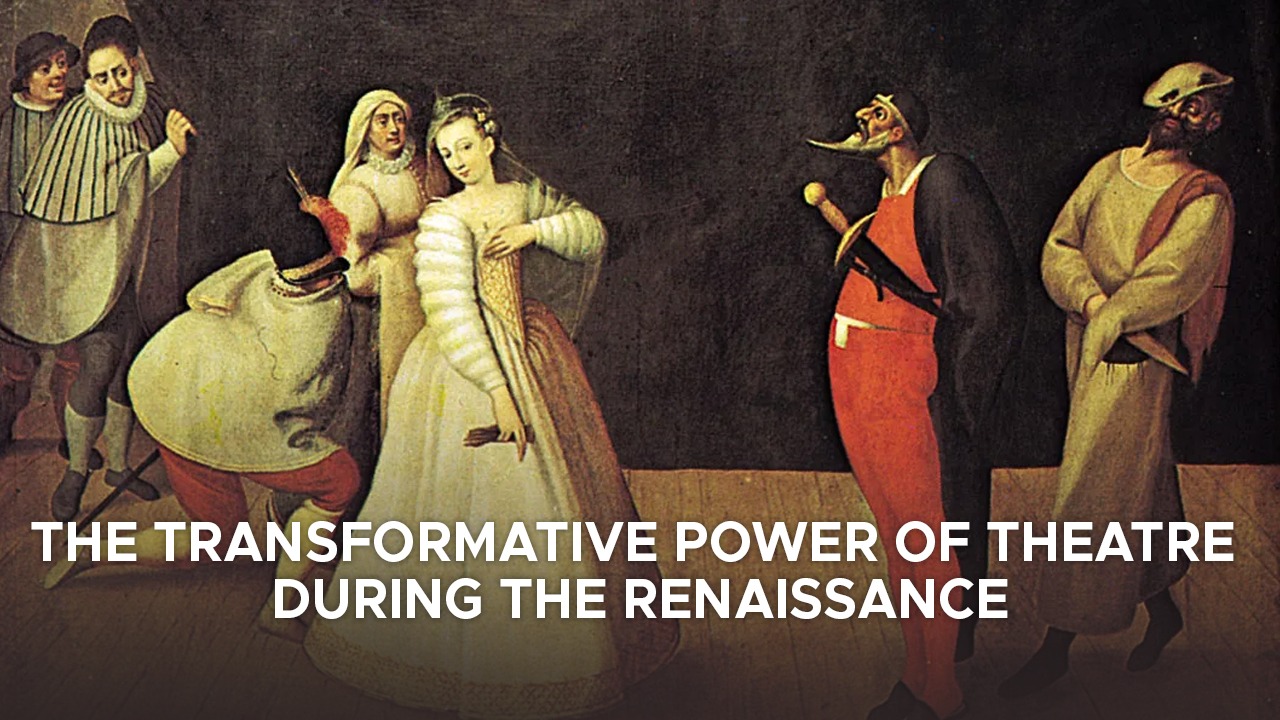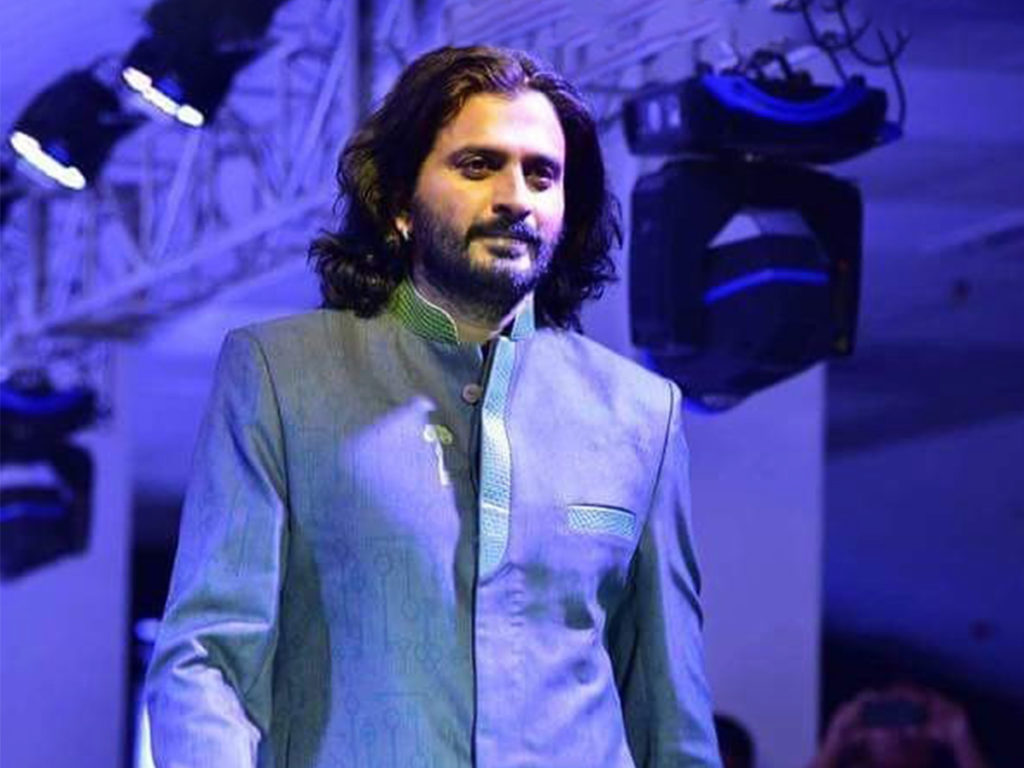The Transformative Power of Theatre During the Renaissance
The Renaissance, spanning from the 14th to the 17th century, marked a period of profound cultural, artistic, and intellectual growth in Europe. Theatre, a prominent art form during this era, played a crucial role in shaping the cultural landscape. Here are some key points highlighting the impact of theatre during the Renaissance:
Revival of Classical Themes: Renaissance theatre drew heavily from ancient Greek and Roman traditions, reviving classical themes, plots, and characters. This reintroduction of classical elements reinvigorated European drama and enriched the cultural fabric of the time.
Innovation in Dramatic Forms: The Renaissance saw the development of new dramatic forms, including the emergence of the tragicomedy and the refinement of the tragedy and comedy genres. Playwrights like William Shakespeare, Christopher Marlowe, and Ben Jonson introduced complex characters and intricate plots, pushing the boundaries of storytelling.
Societal Reflection and Critique: Theatre during the Renaissance served as a mirror to society, reflecting contemporary issues, politics, and human behavior. It provided a platform for social commentary and critique, often challenging societal norms and prompting audiences to reflect on their own lives.
Cultural Exchange and Unity: Theatre fostered cultural exchange by bringing together diverse audiences from different social classes. Public performances in playhouses and open-air theatres created a shared cultural experience, promoting a sense of unity and collective identity.
Advancements in Stagecraft: The Renaissance period witnessed significant advancements in stagecraft and theatrical production. Innovations such as perspective scenery, elaborate costumes, and special effects enhanced the visual and sensory experience of theatre, making performances more engaging and realistic.
Promotion of Humanism: Renaissance theatre was deeply influenced by the humanist philosophy, which emphasized the value and potential of human beings. The portrayal of complex, multifaceted characters highlighted the intricacies of the human condition, encouraging audiences to explore themes of individuality, morality, and personal growth.
In conclusion, theatre during the Renaissance had a profound impact on cultural and intellectual life. By reviving classical traditions, innovating dramatic forms, reflecting societal issues, fostering cultural exchange, advancing stagecraft, and promoting humanism, Renaissance theatre left an indelible mark on the history of performance art and the broader cultural landscape.




There are no comments